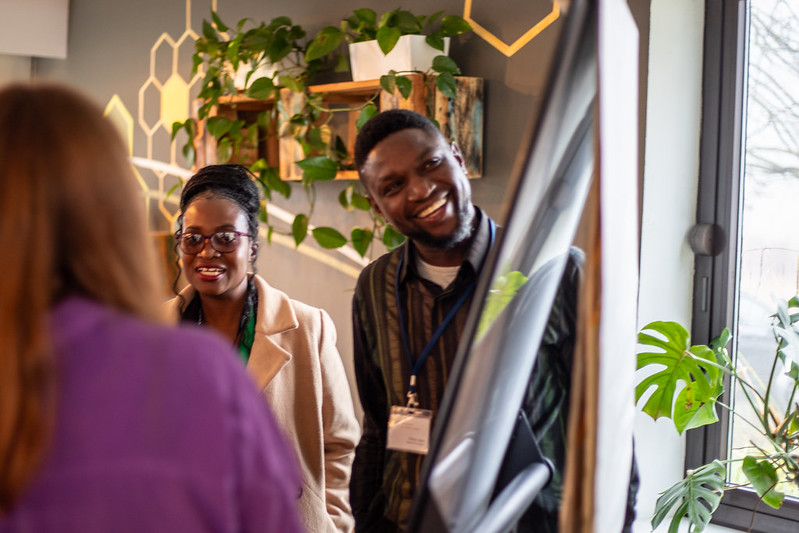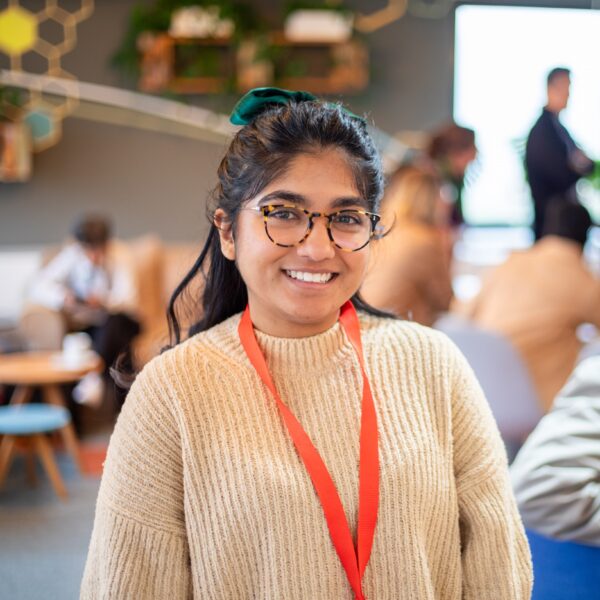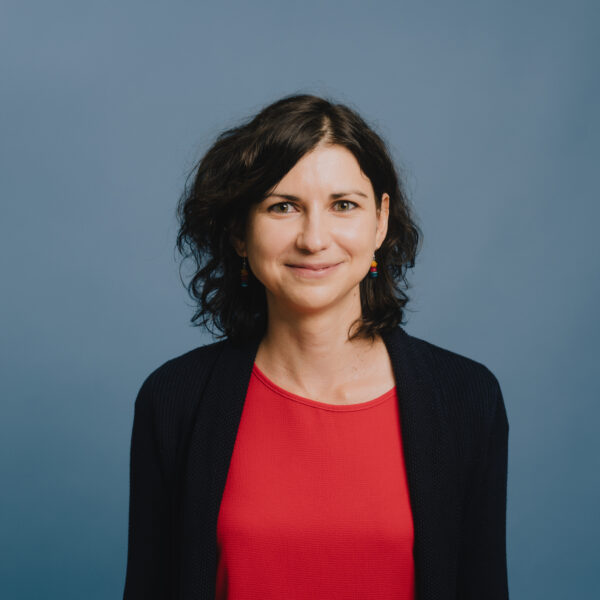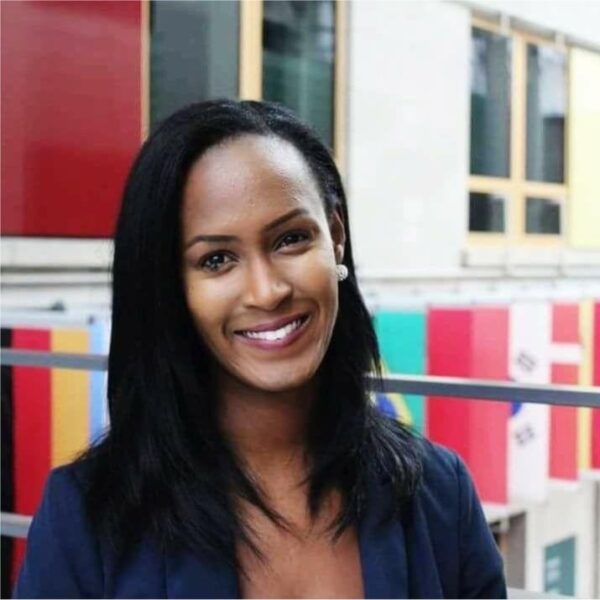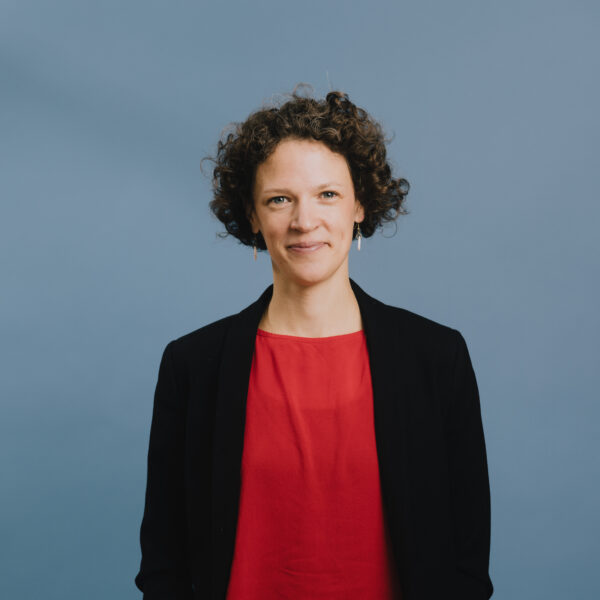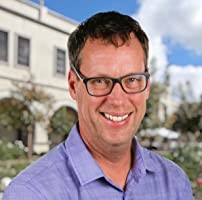It is widely understood that the civil society sector faces undue restrictions and threats to its operating space globally. To help strengthen the capacity of civil society actors, we need to develop the ability to anticipate the future and act in a proactive manner to shape the future. The International Civil Society Centre and Forum for the Future recently collaborated on this issue at the International Civic Forum (ICF) 2023, a two-day workshop in Brussels joined by 40 actors from across the civil society sector.
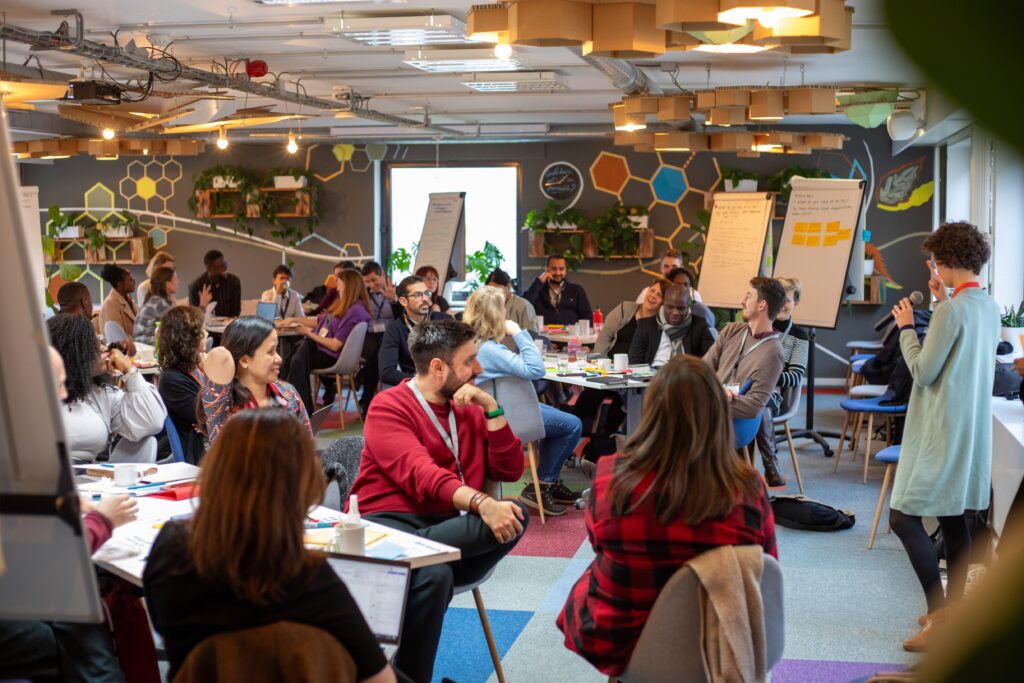
How do civil society organisations (CSOs) accustomed to fire-fighting crises imagine more adaptative and agile ways of preparedness and planning?
In mid-2023, we joined efforts to design a replicable methodology that offered a creative and engaging way to use future stories and scenarios leading to 2034. The purpose of this was to help CSOs design current and future strategic plans and inform their practices. The objectives offered participants a way to explore a range of possible futures and identify potential action areas to navigate those varied futures on three distinct levels: as individuals, organisations, and as a sector. We hoped to use the ICF 2023 to test the methodology and receive feedback on how it can be developed to support future planning for CSOs.
The sessions took the attendees on a journey… first immersing them in the present and exploring current trends, then travelling to alternative possible futures based on the set of trends, and finally bridging the gap between possible futures and their actions, resources and mindsets. While the workshop surfaced several sectoral actions, the sessions were designed to ensure a focus on the attendees present and their specific agency and role in driving the change needed.
How could they as individuals in their respective roles contribute to their organisation’s resilience? And how could their organisation work with others to reduce sector-wide vulnerability?
We designed the sessions to be generative spaces that led the group to bring their experience and expertise while stretching beyond what exists in the present and imagining more ambitious (yet tangible) actions for possible futures.
“As CSOs, we need to get used to ‘futurising’ as this informs current actions and helps us to avoid ‘routinising’.” ICF participant

The participants produced a range of ideas at the sectoral, organisational, and individual levels that we summarised below:
Sector-wide actions
- We need to empower and involve local communities
Anticipation is about participation and if we want to build a better future, we need to listen to local communities, invest in community relations, and change approaches to collaboration. Local partners need to be involved from the beginning of processes; communities need to be turned into co-investors and co-designers rather than receivers.
- The language we use needs to shift to remove barriers to involvement
As raised by a participant and echoed by many around the room, the language around development is “colonial-centric”. It is often in English, French, or Spanish and filled with jargon that can be difficult to interact with. How can we expect to involve people in decision-making and hear their voices, if the language or medium of conduct is inherently exclusionary? For communities – and the youth in particular – to be deeply involved, we need to think about access to such spaces and especially the language we use.
- We need to apply a more holistic approach and deepen collaboration on intersectional problems
The challenges we face in the civil society sector are complex and interconnected, and therefore require intersectional approaches. Rather than approaching challenges in isolation, we can use a similar concept to the “whole child approach” or “one health approach” to recognise intersectional identities, needs, and experience.
- We need to craft futures across the civil society sector and together with other sectors
Foresight needs to be ‘humanised’ and made approachable. It was viewed by many as a key skill to prepare for the future, and therefore needs to be done by a wider range of stakeholders. Thinking about the future is inherently a human act. Instead of approaching uncertainty with the usual sense of fear, foresight allows us to plan and stress test approaches against potential futures in a more informed manner.
“The process led to some ‘aha’ moments for me which will have a significant impact on my planning.” ICF participant
Organisational actions
The participants worked in pairs or peer groups to draft tangible organisational plans they can contribute to. The ideas revolved around two aspects:
- Strengthening participation and inclusiveness in decision-making processes International and local CSOs need to invest more into co-creation, reflection, and exploration of alternatives with partners and communities.
- Building foresight capacities and applying foresight within organisational activities
The participants left motivated to involve their colleagues, partners, and allies in further collaborative foresight processes and exercises.
Individual actions
Building foresight capacities and their application were further underlined in concrete individual actions that the participants expressed their interest in developing such as:
- Promoting and prioritizing knowledge sharing about foresight to broaden perspectives
- Planning a foresight exercise for colleagues to strengthen organisational capacities
- Integrating futures thinking into existing processes and upcoming strategies
The individual actions identified during the ICF 2023 underscore the importance of fostering foresight at multiple levels — empowering local communities, shifting organisational language, and humanizing foresight for broader stakeholder engagement to ensure plans, projects, and strategies reflect our hopes for the future.
“Futures thinking is a systemic process and should be given due attention.”
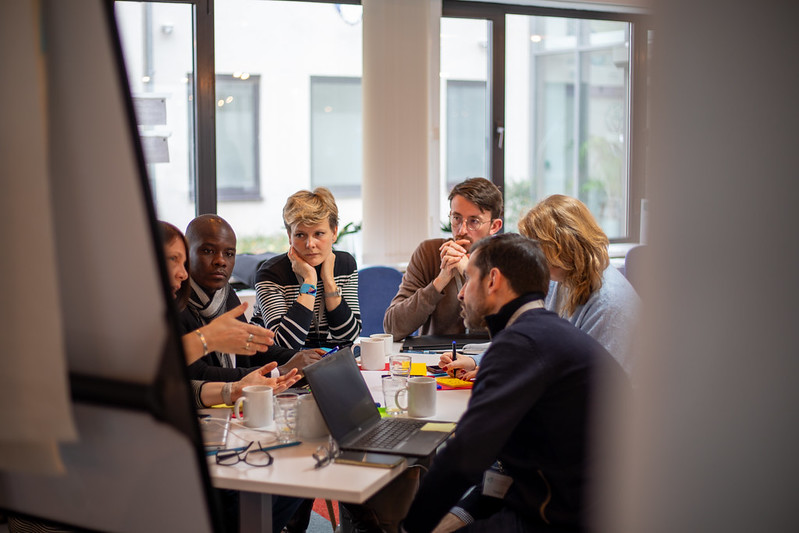
So, what does this mean?
Being a systemic process, futures thinking should be approached comprehensively, considering all interconnected aspects. In essence, it means recognising the need for a thorough strategy when addressing global challenges in the civil society sector. By practicing futures thinking, we take a proactive stance in tackling the complex issues faced by the sector, while fostering resilience, collaboration, and inclusivity. It is about developing the capacity to not only monitor trends but also to envision, through a participatory approach, how they might unfold providing us with a powerful tool to break away from conventional crisis management practices. Futures thinking urges us to be strategic, forward-looking, and adaptable in our approach, ensuring a more effective response to the evolving landscape of the civil society sector.
Find out more
The ICF 2023 was part of a wider three-year initiative “Anticipating futures for civil society operating space” (2022 – 2025) led by the International Civil Society Centre. The initiative aims to strengthen anticipatory capacities and future readiness of civil society professionals who are working to defend and expand civic and civil society operating space. Check out this website to find further information and resources from this initiative and possibilities of involvement.
